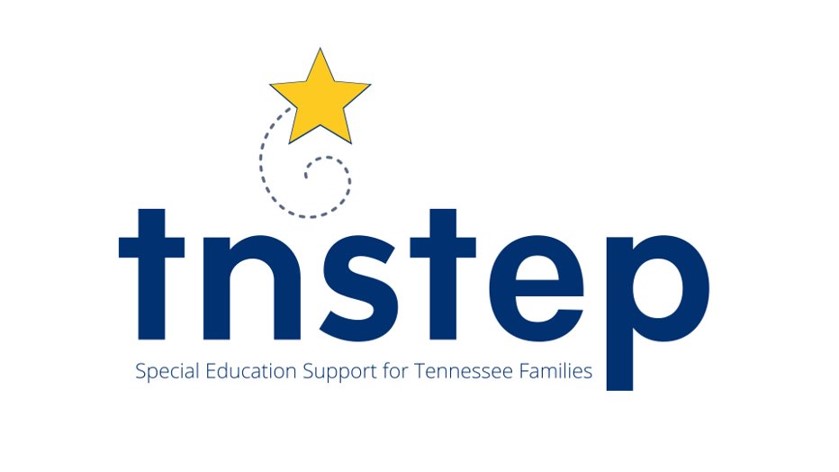On April 5, Governor Bill Haslam signed legislation passed by the Tennessee General Assembly that creates the Tennessee Council on Autism Spectrum Disorder to establish a long-term plan for a system of care for individuals with autism spectrum disorder (ASD) and their families.
The Council will make recommendations and provide leadership in program development regarding matters relating to all levels of ASD services, including, but not limited to, health care, education, and other children, adolescent, and adult services.
“Tennessee has long needed a focal point for a comprehensive, coordinated system of care for children and adults on the autism spectrum,” said Tyler Reimschisel, M.D., M.H.P.E., co-chair of the Tennessee Autism Summit Team, associate professor of Pediatrics and Neurology, and director of the Pediatrics Division of Developmental Medicine at Vanderbilt University Medical Center.
In 2014, the Tennessee Autism Summit Team proposed a Tennessee Autism Plan. Parents, individuals with ASD, educators, social service professionals, state agency representatives, autism researchers and clinicians, all contributed time and expertise to recommendations in this plan.
“The plan was a culmination of the ideas, discussion, data, and talents of a diverse group of Tennesseans dedicated to improving quality of life for individuals with autism and their families,” said Carol Westlake, executive director of the Tennessee Disability Coalition.
The plan was developed as part of an Autism State Planning Grant awarded to the Tennessee Disability Coalition from the Maternal and Child Bureau, HHS. The Tennessee Autism Summit Team served as a planning and advisory council for the Planning Grant.
“To move forward, it was essential that the State of Tennessee committed itself to develop and implementing a coordinated system of care,” Reimschisel said. “Now with the establishment of this Council within the Department of Intellectual and Developmental Disabilities, we have a path
forward.”
The Council will include not only representatives from other State agencies and disability organizations but also six representatives who are impacted by autism, either adult on the autism spectrum or family members or primary caregivers.
“Codifying the inclusion of individuals with autism or family members ensures ‘a seat at the table’ for those most deeply vested,” Westlake said.
The legislation charges the Council (1) assess the current and future impact of ASD on Tennessee residents; (2) assess the availability of programs and services currently provided for early screening, diagnosis, and treatment of ASD; (3) seek additional input and recommendations from stakeholders, including, but not limited to, families, providers, clinicians, institutions of higher education, and those concerned with the health and quality of life for individuals with ASD; (4) develop a comprehensive statewide plan for an integrated system of training, treatment, and services for individuals with ASD; (5) ensure interagency collaboration as the comprehensive statewide system of care for individuals with ASD is developed and implemented; (6) coordinate available resources related to developing and implementing a system of care for individuals with ASD; and (7) coordinate state budget requests related to systems of care for individuals with ASD based on the studies and recommendations of the Council.
“The Tennessee Autism Summit Team is grateful not only to the Governor and legislators who supported this vital legislation but also to the many advocates who have helped us arrive at this point where we can truly advance a comprehensive, coordinated system of care for all Tennesseans affected by autism,” said Toni Whitaker, M.D., co-chair of the Tennessee Autism Summit Team and Director of the Leadership Education in Neurodevelopmental Disabilities (LEND) training program at the University of Tennessee Boling Center for Developmental Disabilities.
The Tennessee Autism Summit Team is coordinated and supported by the Vanderbilt Consortium LEND, the Vanderbilt Kennedy University Center for Excellence in Developmental Disabilities, and the University of Tennessee Boling Center for Developmental Disabilities.

